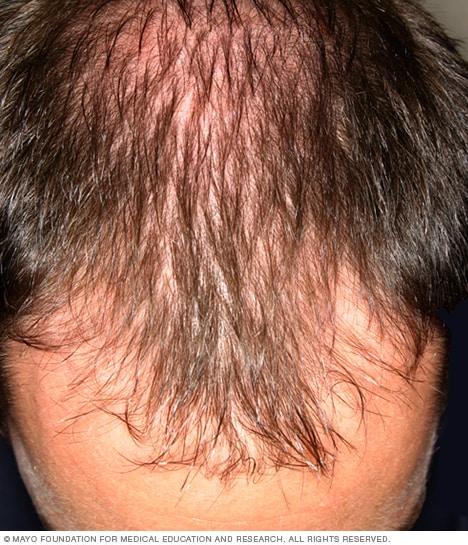
How to Treat Hair Loss in Men Over 40
Hair loss is a common issue that affects many men, especially those over 40. As we age, our hair undergoes natural changes, often resulting in thinning, receding hairlines, or bald patches. If you’re facing this challenge, rest assured that various treatment options and lifestyle changes can significantly improve your situation. In this article, we will guide you through understanding hair loss, effective treatments, and useful tips to help reclaim your confidence.
Understanding Hair Loss in Men Over 40
Hair loss, medically known as alopecia, can occur due to several factors. For men over 40, the reasons often include:
- Genetics: Male pattern baldness (androgenetic alopecia) is hereditary and a major contributor to hair loss in men.
- Hormonal changes: Dihydrotestosterone (DHT), a derivative of testosterone, can shrink hair follicles and cause hair loss.
- Health conditions: Issues like thyroid disorders, autoimmune diseases, or scalp infections can contribute to hair thinning.
- Stress and lifestyle: High-stress levels, poor diet, and lack of sleep can exacerbate hair loss.
Effective Treatments for Hair Loss
Numerous approaches exist to combat hair loss in men over 40. Below, we outline some of the most effective treatment options:
1. Medications
Two primary medications are widely used for treating hair loss:
- Minoxidil: An over-the-counter topical solution that stimulates hair growth and is applied directly to the scalp.
- Finasteride: A prescription medication that reduces DHT levels, often leading to noticeable hair regrowth.
2. Hair Transplant Surgery
For those seeking a more permanent solution, hair transplant surgery may be an option. This involves transferring hair follicles from a donor area (typically the back of the head) to the balding areas. Success rates are generally high, providing a natural and long-lasting result.
3. Low-Level Laser Therapy (LLLT)
LLLT is a non-invasive treatment that uses laser light to stimulate hair follicles and promote hair growth. It’s pain-free and can be done in-office or via home devices.
Natural Remedies for Hair Loss
While scientific treatments are effective, some men prefer natural alternatives. Here are some remedies to consider:
- Essential Oils: Oils like rosemary, peppermint, and lavender may promote hair growth when massaged into the scalp.
- Scalp Massage: Regular scalp massages increase blood circulation, potentially enhancing hair growth.
- Dietary Changes: Incorporating foods rich in vitamins and minerals (like iron, zinc, and biotin) supports hair health.
Practical Tips to Maintain Healthy Hair
In addition to treatments, adopting certain lifestyle habits can help maintain healthy hair:
- Stay Hydrated: Drinking adequate water promotes overall health, including hair health.
- Adequate Sleep: Quality sleep reduces stress, benefiting hormonal health crucial for hair growth.
- Avoid Harsh Chemicals: Limit the use of strong hair products that can worsen hair damage.
Case Study: Real-Life Experience of Hair Restoration
Meet Tom, a 45-year-old man who successfully treated his hair loss. After noticing significant thinning, he opted for a combination of minoxidil and a healthy diet. Within six months, Tom experienced substantial regrowth and is now more confident than ever. He also follows a strict hair care routine, minimizing heat exposure and chemical treatments.
Benefits of Treating Hair Loss
Addressing hair loss can lead to numerous benefits:
- Improved Confidence: Regrowing hair can significantly enhance self-esteem.
- Enhanced Appearance: Fuller hair is often associated with youthfulness and vitality.
- Better Grooming Options: More hair gives you a wider range of styles to wear.
Conclusion
Hair loss in men over 40 can feel overwhelming, but with the right knowledge and treatment strategies, it is manageable. From medications and surgeries to natural remedies and lifestyle adjustments, a multifaceted approach can help combat this issue. Always consult a healthcare professional to create a tailored plan that suits your needs. Remember, it’s never too late to take action and regain your confidence!










